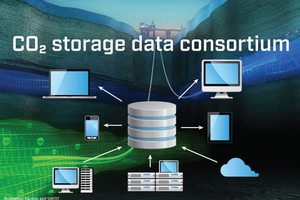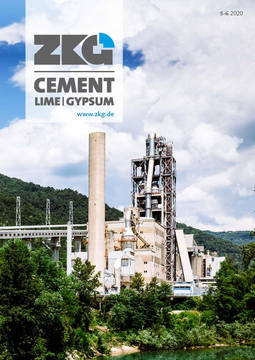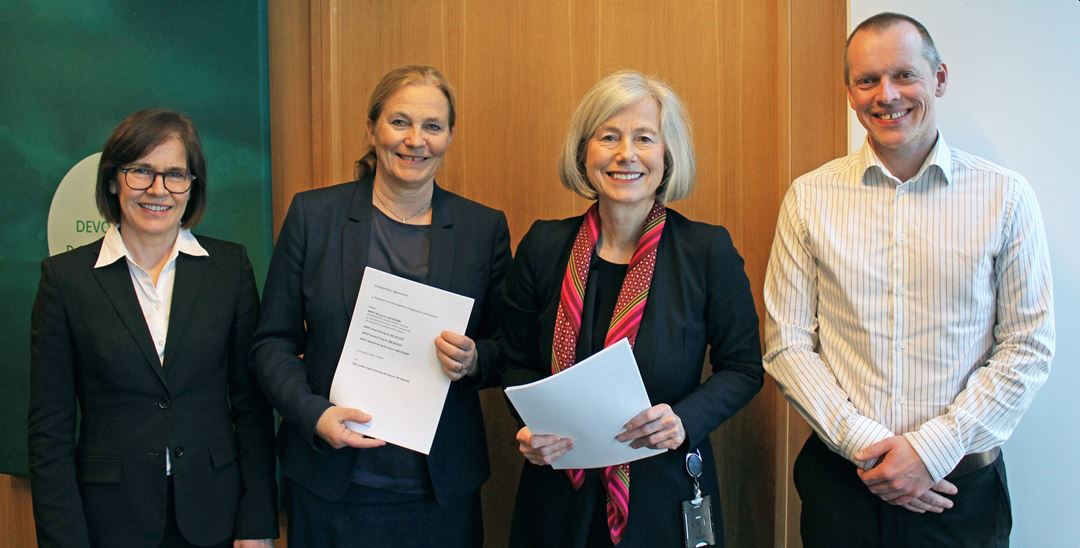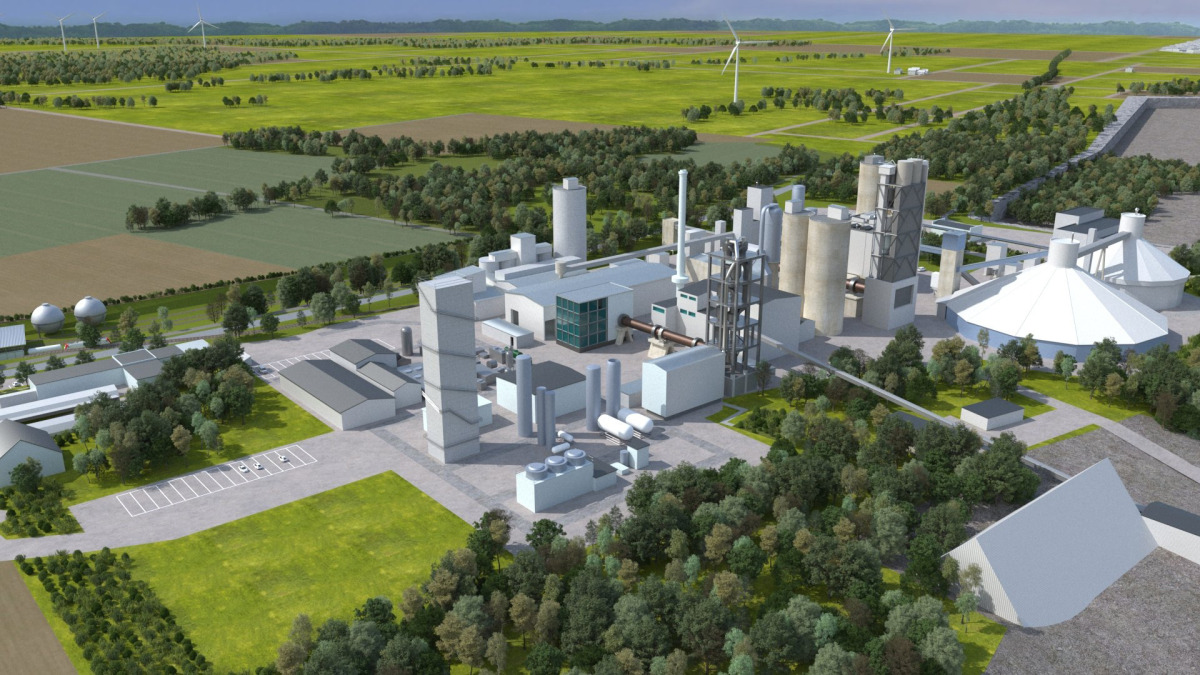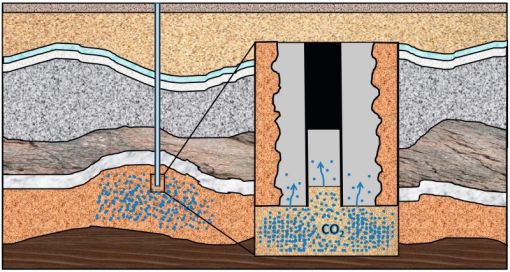CO2 DataShare launches open, digital data sharing portal
CO2 DataShare launched a web-based digital portal for sharing reference datasets from pioneering CO2 storage projects. The new portal will enable researchers and engineers to improve their understanding, reduce costs and minimize uncertainties associated with CO2 storage.
CO2 capture, transport, and storage (CCS) is a process where CO2 emissions are captured from large industrial plants, transported in pipelines or ships, and stored in rocks deep beneath the surface so it will not enter the atmosphere. The International Energy Agency has estimated that 3400 CCS plants will be needed by 2050 if we are to mitigate the impact of climate change by meeting the critical target of no more than a two-degree rise above pre-industrial levels.
“We hope that many data-owners within the CCS community will share their data on this new portal. Sharing of reference datasets from pioneering CO2 storage projects is essential to accelerate improved understanding, build capacity, reduce costs and minimize uncertainties associated with CO2 storage in deep geological formations”, says Grethe Tangen, Project Manager CO2 DataShare.
Lack of data is a barrier
Lack of relevant data has been a barrier for CCS research and deployment, a barrier that can be overcome by access to open data. The CO2 DataShare project was established in 2018 to accelerate the deployment of CCS by providing open access to CO2 storage data.
“We are very excited to see the CO2 DataShare Portal launch”, says Sallie Greenberg, Associate Director – Energy & Minerals at Illinois State Geological Survey. “This international collaborative effort has been several years in the making. Availability of data will allow for refinement of models, development of new methods for plume detection, and potentially help drive commercialization of this important technology.”
Building confidence in CO2 storage
CO2 DataShare aims to share curated datasets from pilot and industry-scale projects to drive research and development. This is essential for building confidence in CO2 storage as a greenhouse gas control strategy. The portal offers a simple, standard, and low-cost solution for making high-quality data available to the CCS community worldwide.
“Interchange of data from established CO2 storage sites will help in regions of the world where CCS is less well developed, especially for stakeholders including investors and operators who have limited experience in CCS. As data acquisition grows there is the positive prospect of greater international comparison, collaboration and enhanced experience,” says James Craig, Technical Programme Manager, IEAGHG.
The platform’s two first data sets are available for use
The two first datasets to be shared are provided by the Sleipner Group consisting of Equinor Energy AS (operator), ExxonMobil Exploration and Production Norway AS, LOTOS Exploration and Production Norge AS and KUFPEC Norway AS. They include:
The Sleipner 2019 Benchmark model, containing a simulation grid with associated data, suited to advance modelling tools and the understanding of CO2 flow dynamics
The Sleipner 4D seismic data entailing 14 years of injection and a total of 6 repeated seismic sets gathered. The base line data gathered before the CO2 injection started will also be released
“Sleipner is perhaps the best known CCS project in the world – but there is still much to be learned from it. I hope this new release of seismic and reservoir data will allow new insights to be gained on this long-running CO2 injection project. Especially, we hope to calibrate the next generation of dynamic flow models against this reference case” says Philip Ringrose, Geoscience Specialist, Equinor.
//www.sintef.no" target="_blank" >www.sintef.no:www.sintef.no

